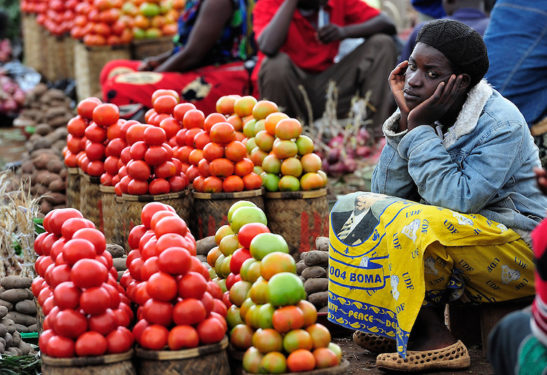Ghana: Headline inflation to over around 8% in 2028 – IMF projects
According to the latest Fiscal Monitor report from the International Monetary Fund (IMF), Ghana’s inflation rate is expected to decrease to 8.8% by 2028. However, the report also projects that the inflation rate will end the year 2023 at 45.4%, which is higher than the country’s current inflation rate of 45%. The rate is expected to drop to 22.2% in 2024 before declining further in the following years.
The report also sheds light on Ghana’s fiscal deficit, which is projected to decrease to 7.3% by the end of 2023. This is expected to rise to 8.4% in 2024 before falling again to 7.3% in 2025. The country’s debt-to-GDP ratio is projected to increase to 98.7% by the end of 2023, but is expected to marginally reduce to 92.8% in 2024.
The projections for Ghana’s inflation rate and fiscal deficit come amid the country’s struggle to contain the economic impact of the Covid-19 pandemic. The IMF report notes that Ghana’s GDP growth is projected at 1.6% by the end of 2023, a dip from the 3.2% recorded in 2022. The growth rate is also lower than the government’s projection of 2.4%. However, the report suggests that the growth rate is expected to pick up to 2.9% in 2024 before growing sharply by 5% in 2028.
Commenting on Ghana’s economic projections, Paulo Medas, division chief at the fiscal affairs department of the IMF, stressed the need for consistent macroeconomic policies to achieve both macro and price stability. “The problem is once you lose the inflation expectations then it’s going to be much more difficult because you are going to have both bites for longer so the cost is larger to bring back price stability,” he said.
The report’s projections for Ghana’s economy come as the country struggles to contain inflation, which has been rising steadily in recent months. However, the rate of inflation for March 2023 declined to 45.0%, according to the Ghana Statistical Service (GSS), marking the third consecutive decline in the national inflation rate after a marginal drop in February’s rate.
Overall, Ghana’s economic outlook remains uncertain as the country continues to grapple with the effects of the Covid-19 pandemic. The IMF report’s projections suggest that a consistent macroeconomic framework, with monetary and fiscal policies working together, will be essential to achieving macro and price stability and setting the country on a path to sustained economic growth.









